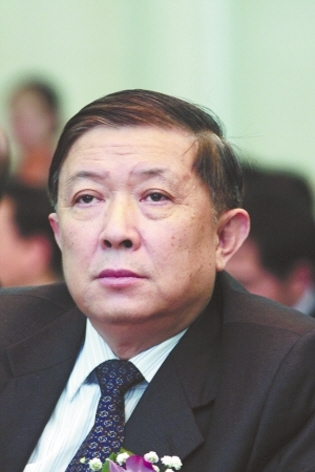 |
|
|
|
|||||||||||
BEIJING - Premier Wen Jiabao said in a report delivered to the country's top legislature on Monday that the government will advocate academic integrity, encourage independent thinking, ensure academic freedom and foster a scientific spirit.
However, scientific progress has contributed to only 51 percent of China's economic growth, compared with 70 percent and 80 percent in innovative Western states, according to a report issued by the Chinese Academy of Science and Technology for Development last year.
Over the past two decades, China has maintained an annual economic growth of around 9 percent on average, mainly driven by the country's labor-intensive industries, which often feature high energy consumption and cause damage to the environment.
If China wants to make its economy greener and rehabilitate its damaged environment, the government must rely more on science and technology to boost its economy. However, it would be foolhardy to expect the government to create its own "Steve Jobs" by carefully planning the development of the sector.
On the contrary, the government's planning efforts are the problem.
|
 Xu Guanhua, a political advisor and former minister of science and technology. |
"Jobs' rise was the result of a market environment that encourages innovation," Xu said.
Xu said innovation can be spurred by emphasizing the government's role in market competition.
The mechanism that manages China's academic institutions is a model that emphasizes the leadership of an executive power. This system has led many utilitarian scientists and engineers to pursue executive positions, rather than academic achievement.
Under such circumstances, academic integrity and independent thinking fall victim to utilitarianism, with many great minds being cuffed in research.
If this trend is not reversed, the academic circle will turn into a vanity fair, instead of a haven for innovation.
To build an innovative country, we should reform the way academic institutions are led and give scientists the opportunity to exercise their imagination and creativity.